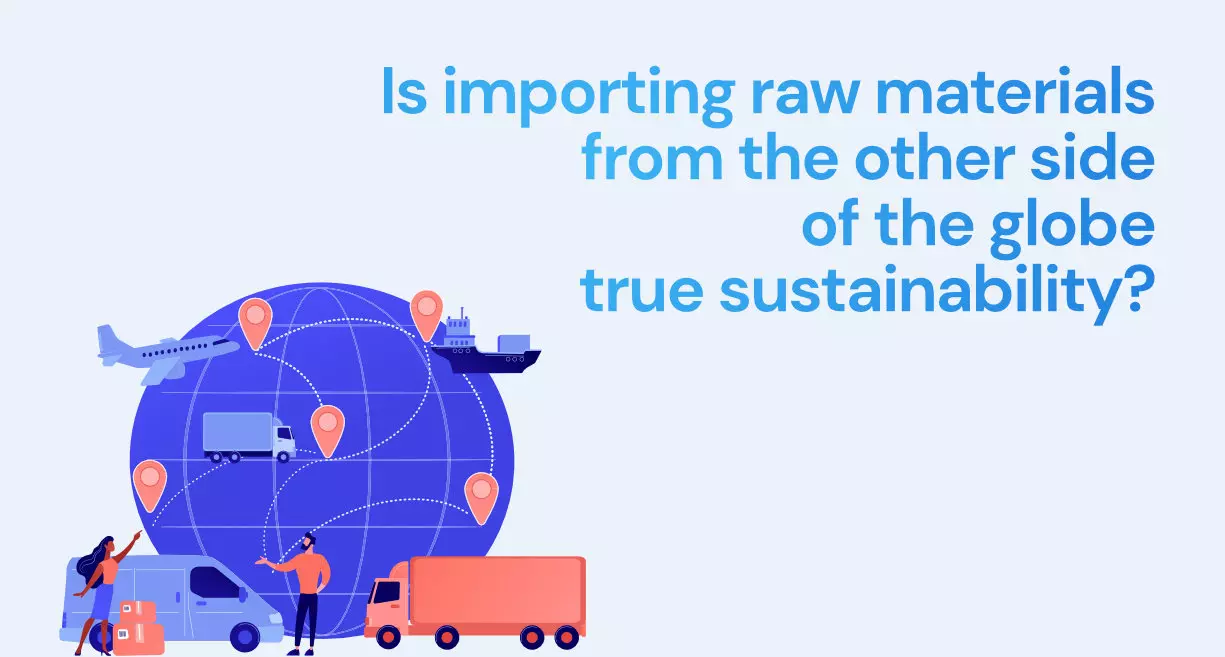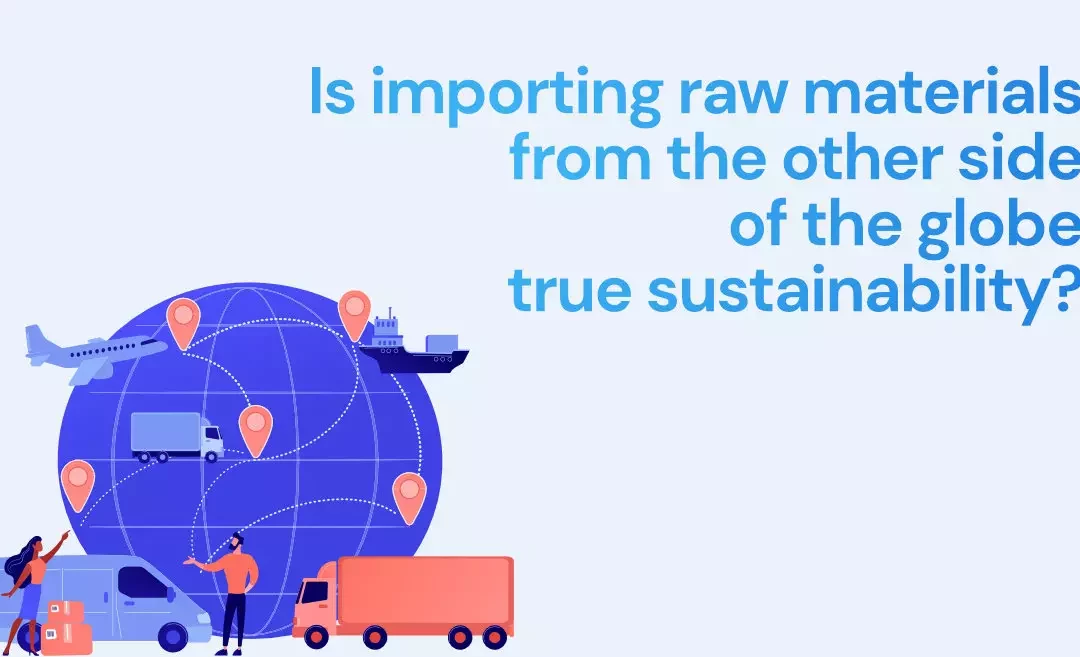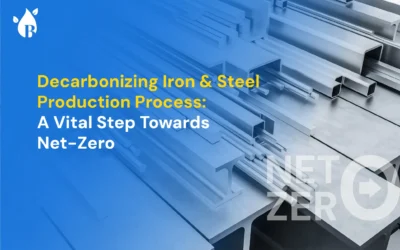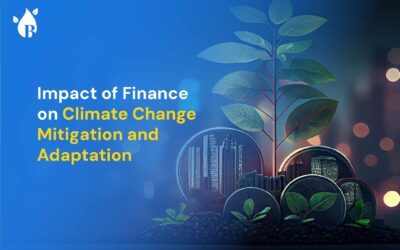
Today, Europe has numerous advantageous policies for biofuels. In fact, most European countries have successfully replaced 10% of their total fuel consumption with biofuels in 2020. Their next target is to replace at least 32% of fuel intake with renewable energy by the year 2030. The EU also has energetic targets and goals for biomass-based power generation among the countries.
Europe’s goals are extremely positive and sound doable. Their policies individually look excellent for the world and are a renewable energy enthusiast’s dream come true. That’s on the surface of it all. Deep down, how are their biofuel-related goals actually being achieved? Unfair domination and ENVIRONMENTAL COLONIALISM.
Their policies seem to have gained supremacy that benefits Europe by harming the rest of the world.
Europe’s policies encourage double-counting advantages while gathering waste for biofuels production. This practice is tremendously beneficial to waste/raw material suppliers. This lures suppliers to Europe when they can actually trade waste within their own country. In addition, Europe offers the highest prices for waste and biomass than any other part of the world.
Such policies have become counterproductive and are now causing more environmental damage than environmental gain.
Mass Deforestation in the US:
The conversion of biomass from plant material to power is considered carbon neutral. Although, there is a catch. Research says no extra carbon is added to the atmospheric balance sheet ONLY IF trees are replanted as fast as wood is burned. But Europe’s policies are blindly centred around the belief that biomass to electricity is simply zero-emission.
Their irrationally favourable policies result in mass deforestation in many countries like the US. Large areas of forests are being cleared and the wood is being converted into wood pellets and shipped to Europe for power generation.
At a Biomass plant in North Carolina, a truck is filled with wood pellets every 28 minutes and is sent to Europe for power production.
This practice blatantly disobeys environmental responsibility.
Today, Europe produces more electric power only from US-imported biomass than from wind and solar energies.
UCO Travels Half the Globe to Become Biodiesel in Europe
Similar to waste, Used Cooking Oil (UCO) gets double-counting benefits in Europe as it can help decarbonise Europe’s transport sector. It is used for biodiesel manufacturing and is required in large quantities as Europe’s renewable energy goals are set high.
Reports say more than half the UCO used in Europe for biodiesel in 2019 was imported despite the 1.7% soft import limit set by the EU law.
To avail of the double-counting benefits, thousands of tons of UCO is being shipped all the way from China, South East Asia and other parts of Asia to Europe. These countries are among the largest fuel consumers in the world and can make better use of locally generated UCO.
Unfortunately, biodiesel manufacturers in China, India and other Asian countries cannot compete with Europe in terms of pricing (and double-counting benefits) for UCO. Consequently, waste UCO is shipped halfway across the world to be converted into biodiesel. This is solely an utter waste of energy and resources.
Certifications like the ISCC comfortably suit the needs of Europe and are unjustly passed as a sustainable feedstock for biofuels. Instead of unethical exporting of UCO, converting it into biofuels domestically makes more sense and truly shows responsibility towards the environment.
Europe Must Rethink Sustainability
While forestry is the main source of biomass for energy, waste can also be converted into energy and power. Currently, 46% of all municipal waste in the EU is recycled or composted with the rest making its way into landfills. Better utilization of landfill waste is in the biomass electricity generation units.
Landfill saves about half a ton of CO2 per ton of waste whereas waste-to-energy conversion saves twice i.e. one ton of CO2 per ton of waste. Strategically using local waste to strengthen power generation makes more sense than importing tons of wood pellets from countries on the other side of the world.
Currently, only about 1/7th of the estimated UCO output is being collected in Europe. With proper collection infrastructure and strategies, the EU can collect sufficient UCO for biodiesel manufacturing from local resources instead of importing from the other countries.
It’s time for Europe to pause and think about helping the environment by banning imports of wastes, biomass, UCO and feedstock. They must stop environmental colonialism and begin producing sustainable biofuels from locally sourced raw materials. Policies must be realigned in the direction of being truly sustainable and beneficial to the environment.




